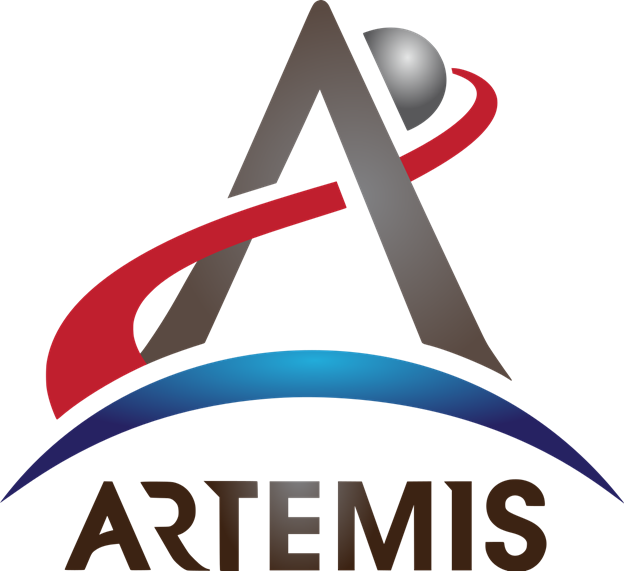Part 2 of 2 Parts (Please read Part 1 first)
The Trump administration developed the idea of the Artemis Accords so they could avoid the treaty process at the United Nations. They want to reach a direct agreement with “like-minded nations,” partly because they believe that the usual U.N. treaty process would consume too much time. Also, the U.S. feels that involving non-spacefaring states in the negotiations would be unproductive.
Spacefaring nations are increasingly viewing space as a new military domain. The Artemis Accords are also symbolic of NASA’s expanding role as a tool of American diplomacy. The Accords are expected to stir up controversy with U.S. space rivals such as China. Jim Bridenstine is the NASA administrator. He said, “NASA’s all about science and technology and discovery, which are critically important, but I think less salient is the idea that NASA is a tool of diplomacy. The important thing is, countries all around the world want to be a part of this. That’s the element of national power.” He went on to say that participation in the Artemis program is going to be contingent on countries adhering to “norms of behavior that we expect to see” in space.
NASA is investing tens of billions of dollars in the Artemis program. The program calls for sending humans to the Moon by 2024 and building “sustainable presence” on the lunar south pole. Private companies will mine lunar rock and subsurface water that can be used to supply the lunar bases with water and oxygen. It can also be broken down into hydrogen and oxygen to fuel space vehicles.
The U.S. enacted a law in 2015 which granted property rights to resources that companies mine in outer space. No such law exists in the international community. In fact, the 1967 Treaty explicitly says that if explorers bring back materials from outer space, they have to be equally shared among the signatories of the Treaty. This has been a major sticking point for companies that are interested in mining in outer space.
Joanne Gabrynowicz is the editor-in-chief emerita of the Journal of Space Law. He said that an international agreement must precede staking out “some kind of exclusive area for science or for whatever reason. It is not anything any nation can do unilaterally and still have it be legal.”
Leaving out major space faring nations such as China, Russia and India from the Accords negotiations is a very bad idea. All three of these nations have investments in lunar exploration and plans for eventual Moon colonies of their own. What will happen if one of these countries decides that it wants to mine resources that are in an Artemis “safety zone’. It appears to me that this will be an invitation to develop military assets on the Moon which is also prohibited by the current 1967 Treaty. If a dispute breaks out over mining on the Moon and incursions of one nation into the declared “safety zones” of another nation and only one of them is part of the Artemis Accords, what institution would adjudicate the disagreement? Leaving major space players out of the Accords would appear to be just asking for trouble.
